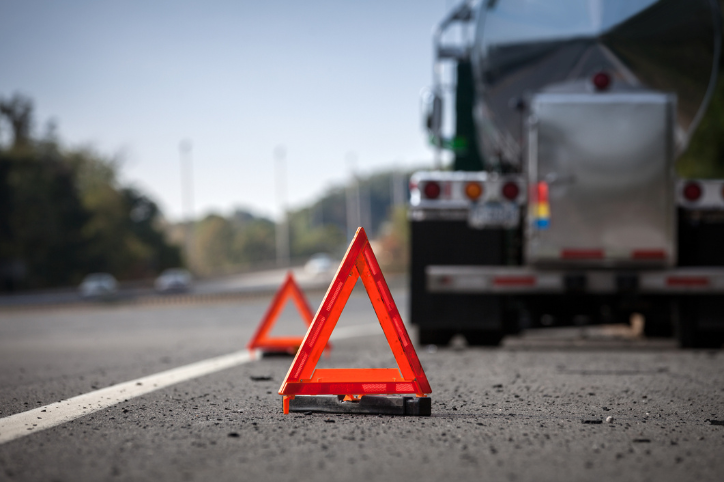
Truck Driving Safety Tips: 2023 Infrastructure Improvements Aimed at Increasing Safety on Roadways
According to the National Highway Traffic Safety Administration (NHTSA), the overall safety of today’s roadways has worsened over the past few years. In fact, from January 1 to September 30 of 2021, the NHTSA recorded over 3,700 fatalities due to crashes involving at least one large truck — a 13% increase from the year before.
The increase in trucking accidents is also impacting insurance rates. The American Transportation Research Institute reports that insurance premium costs per mile increased 47% over the last 10 years, from $0.059 to $0.087. Accident claims costs have a direct impact on insurance premiums due to increased medical and litigation claim expenses, nuclear verdicts, catastrophic losses, etc.
To proactively address this growing issue, the NHTSA, the Federal Motor Carrier Safety Administration (FMCSA), trucking stakeholders, safety regulators, technology companies and Congress are working together to try and implement changes in the months ahead – which will hopefully help reverse this trend. Here is an overview of some truck driving safety tips and potential changes that lie ahead.
Key Safety-Related Proposed Changes
In 2022, the Biden administration introduced a plan to help reduce trucking accidents.
As we begin this new year, the FMCSA and Congress are expected to advance regulatory and legislative policies that will directly or indirectly attempt to tackle [the] issue [of safety].
Source: Truck Drivers USA.
The following are proposed changes that are currently being considered to help reduce trucking accidents.
Electronic engine devices to establish truck speeds: The Safe System Approach
It is the FMCSA’s notice of intent to use engine devices to set and limit truck speeds. According to the U.S. Department of Transportation, “Roadway design and other infrastructure factors play a significant role in managing speeds and can deter excessive speeding behaviors from occurring in the first place.” This issue has received pushback from owner-operators and small trucking companies stating that if the proposal passes, varying speeds may actually increase accidents.
Increased implementation of safety technologies
From advanced driver assistance systems to automatic emergency braking and forward collision warning, the trucking industry will continue to implement advanced artificial intelligence technologies to help reduce crash frequency.
Truck size and weight
There has been a renewed push for a 10-state pilot program that will permit heavy trucks to operate on the federal interstate system within those specific states. Limiting the states where heavy trucks can drive is aimed at improving interstate safety, as well as reducing emissions.
Department of Transportation’s National Roadway Safety Strategy
To improve safety in the transportation industry, there must be a sense of urgency and priority at the federal, state and local levels. A good example would be the Department of Transportation’s (DOT) National Roadway Safety Strategy — a five-prong safe system approach for reducing truck-related fatalities and injuries.
According to the DOT’s website, “The Safe System Approach has been embraced by the transportation community as an effective way to address and mitigate the risks inherent in our enormous and complex transportation system. In support of this approach, safety programs are focused on infrastructure, human behavior, responsible oversight of the vehicle and transportation industry, and emergency response.”
[The Department of Transportation’s National Roadway Safety System] holistically builds and reinforces multiple layers of protection to both prevent crashes from happening in the first place, and minimize the harm caused to those involved when crashes do occur.
Source: U.S. Department of Transportation
To learn more about the Safe System Approach, visit the DOT’s website.
About Across America Insurance Services
As a broker serving commercial transportation clients, it’s important to stay informed regarding industry changes. To learn more about our transportation products and how we can best serve you, please email info@acrossamericainsurance.com.

